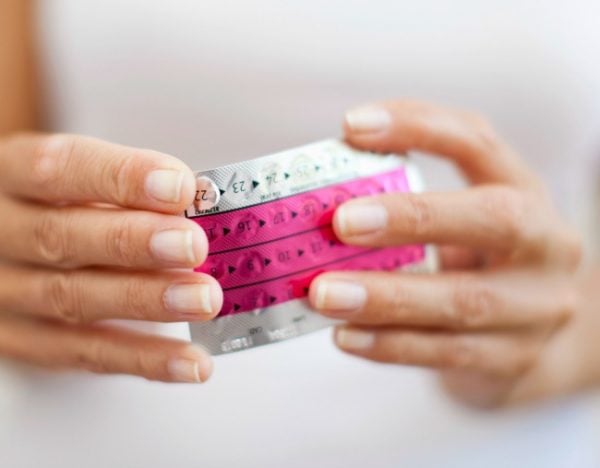The first year or so that I had my period, everything was pretty normal. But around two years in, everything began to change.
The week before I got my period, it felt like my body and mind were completely out of my control. I would get extremely depressed, irritated and anxious. I had severe cramps. I know period cramps suck for everyone, but I’m not talking about regular period cramps. I would be in so much pain that I wouldn’t be able to stand. Sometimes my abdomen would hurt so much that I’d throw up.
Then, the heavy bleeding started. I had to change my tampon every few hours, and I’m talking Supers, not Regulars. My period started lasting for 10-14 days every month. It got to the point where I was spending the majority of my month dealing with symptoms related to my period.
My mum took me to the emergency room several times because the pain and the bleeding were so severe. Most of the time, the doctors thought that I was exaggerating my symptoms. They told me that menstruation was a fact of life, and I would need to learn to live with my symptoms. When my mother and I pushed back, they suggested that I see a gynaecologist and get prescribed birth control. That’s when things went from bad to worse.
My first gynaecological appointment
The first gynaecologist I saw was hesitant to put me on birth control because she didn’t want to encourage someone “so young” to become sexually active. When she asked if I was already sexually active, her judgement was apparent. I insisted that I wasn’t, which was the truth, and that I only wanted birth control because my periods were so out of control. I was so young, and so nervous. I didn’t know that I was being slut-shamed and that I could push back.






























































































